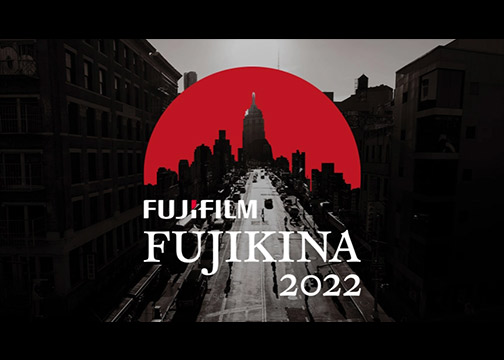
Samsung Electronics Co. and SanDisk Corp., after lengthy negotiations, recently agreed to a patent licensing deal that heads off the threat of litigation between two major players in the market for chips known as flash memory.
The deal extends an existing licensing pact between the companies and provides Samsung rights to key SanDisk patents on what could be an important advance in flash-chip technology. Samsung targeted SanDisk last year for an unsolicited takeover bid that it later dropped.
Financial details of the pact weren’t disclosed. But the companies said fixed payments and royalty rates are expected to be about half those of recent years under their current agreement, which expires Aug. 14.
Analysts estimate that South Korea’s Samsung has been paying hundreds of millions of dollars a year to SanDisk in patent royalties, though the amounts have gone down lately as fierce competition has caused flash-memory prices to plunge. Edwin Mok, an analyst at Needham & Co., puts Samsung’s payments at about $350 million in 2008 and $250 million this year; based on the companies’ remarks, he estimates that Samsung would pay SanDisk around $125 million a year starting in 2010.
Though SanDisk will receive less money, the deal eased fears the two companies would sue each other, said Daniel Amir, an analyst at Lazard Capital. Avi Cohen, an analyst with Avian Securities, added that some investors also were concerned that Samsung had been independently developing flash-memory technology that could compete with SanDisk’s inventions. As a result of the new deal, two companies that had been seen as antagonists will act like partners, he said.
Eli Harari, SanDisk’s chief executive, told shareholders at the company’s annual meeting recently that the negotiations took two years and were "very, very intense." He added, however, that he came to forge a friendship Oh-Hyun Kwon, president of Samsung’s semiconductor business, and predicted the deal will lead to "a much healthier relationship between our two companies."




